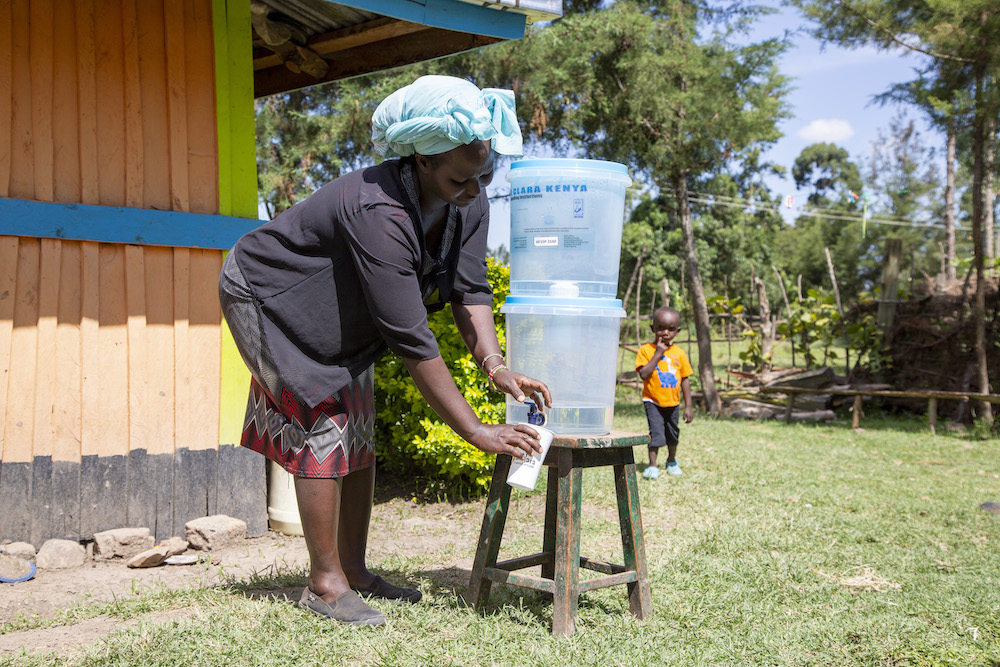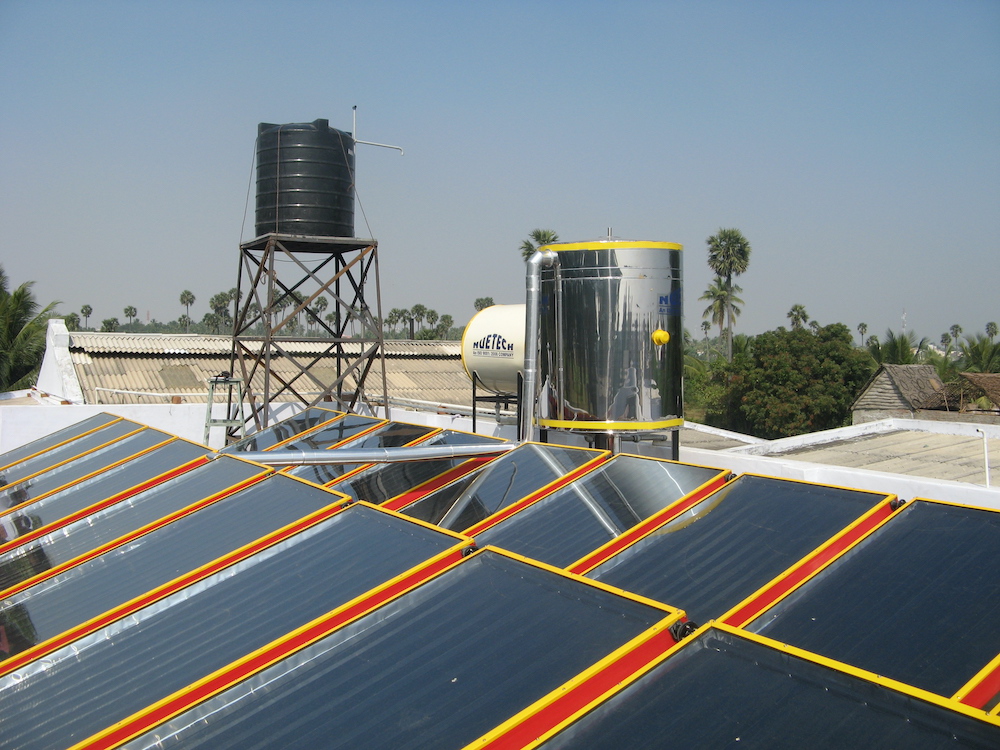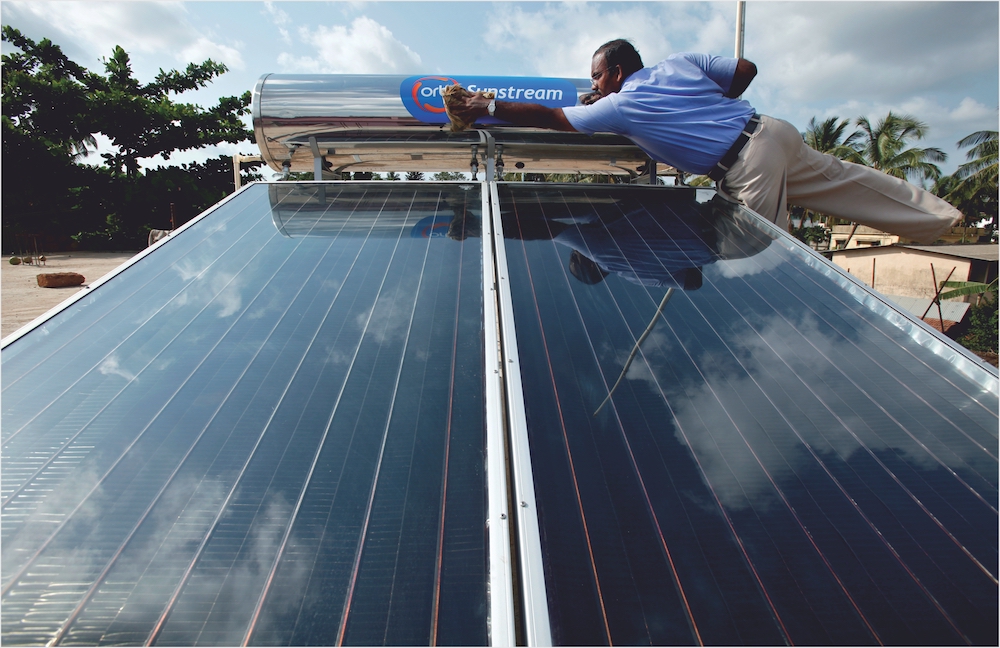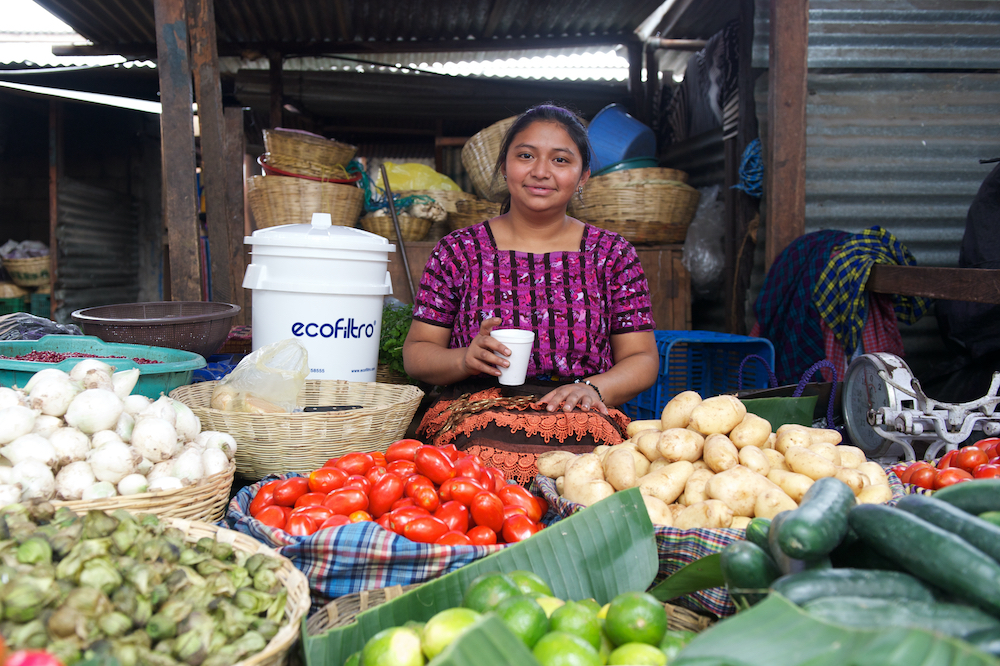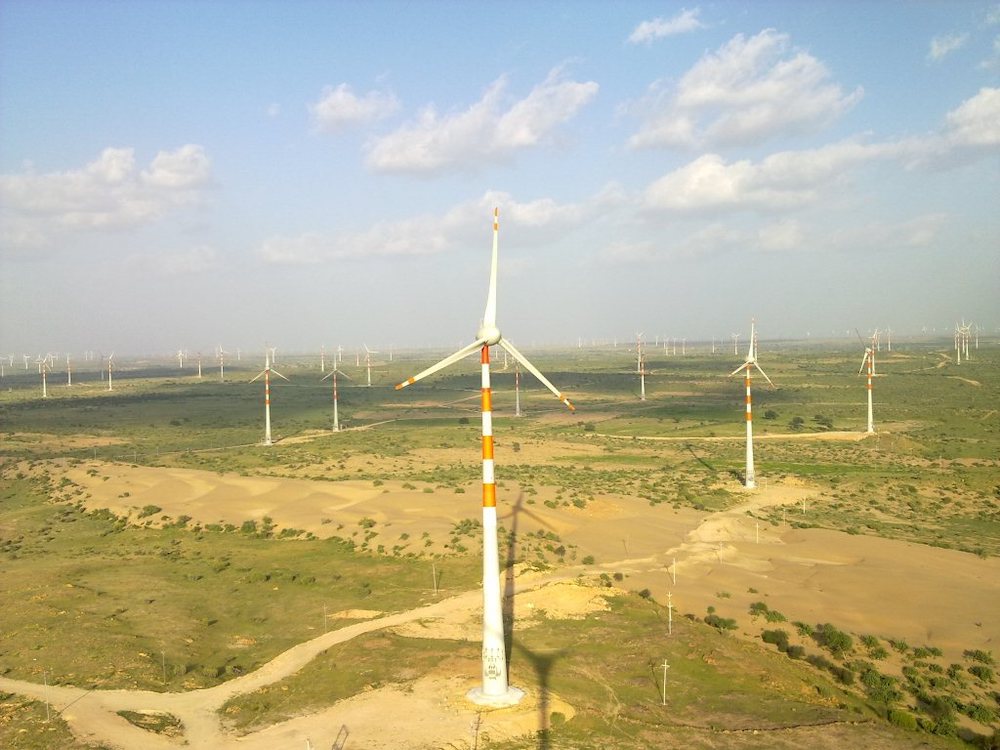Climate Forward with the 41st Congress of the ESCRS
When it comes to carbon, “emissions” is a dirty word, unless you use a clean approach to measure, mitigate and manage the greenhouse gasses that contribute to climate change. The ESCRS Mission Zero approach is guided by the principle of eliminating waste, pollution and emissions and our approach to this is threefold: measure, reduce, and offset for greatest effect.
We began in 2022, calculating the congress’ s carbon and waste footprint using industry best practice methodologies and an advanced measurement tool called TRACE. This included emissions from local event production, delegate and team travel, accommodation, food & beverages, venue and online participation. The total carbon footprint was 15 875 tCO2e, and 1 250 tCO2e per attendee. This is the equivalent of 7 937.8 cars on the road for a year, or 79 377.7 tree seedlings grown for 10 years.
In 2022, 76 % of unavoidable emissions were offset with the purchase of carbon credits in three certified offsetting projects through Climate Impact Partners, a global leader in helping organisations to meet their ambitious climate goals. By investing in a portfolio of projects with a demonstrated track record, we ensured both notable emission reductions for our events, and social support for developing economies.
In 2023, we’re sharpening our focus to raise our positive contributions significantly. The goal is to offset 100% of unavoidable carbon emissions of the 41st Congress of the ESCRS in Vienna through continuous offsetting. By estimating C02e for the upcoming congress and buying offset credits ahead of it, we can look our emissions in the eye. By combining this with our ongoing efforts to measure and reduce wherever possible, we can stare it down… to zero.
At present, we’ve purchased offset credits equivalent to 15 000 tonnes of CO2e. We will level out the total amount required to purchase based on our post-congress measurements.
To ensure integrity and longevity of a carbon credit project’s contributions, the voluntary offset market developed standards similar to those used for organic food or fairtrade products.
Each project we supported was carefully vetted and selected for maximal positive impact.
ESCRS 2023 supports the following projects:
-
Gold Standard-certified. Providing clean cooking and safe water to remote communities.
Less than 50% of Kenyans have access to safe drinking water. This project supplies families and schools in Kenya with affordable water filters thanks to community-led microfinance loans. These filters clean the water so that families don’t have to boil it for it to be safe.
-
CDM- and Gold Standard-certified
Solar water heaters (SWH) provide households, small- and medium-sized businesses (SMEs) and institutions with plumbed hot water. They run on clean, renewable energy from the sun instead of carbon-emissions-heavy grid electricity.
-
Gold Standard-certified
The region’s regular blackouts lead rural householders to burn toxic kerosene or other fossil fuels for energy and lighting when load shedding takes place. Orb Rooftop Solar has supplied more than 160 000 solar power and solar water heating systems, reducing health risks and cutting approximately 55 000 tonnes of carbon dioxide equivalent emissions (CO2e) a year.
-
Gold Standard-certified
More than 50% of rural Guatemalans have no choice but to consume and use water with faecal or chemical contamination, leading to diarrhoeal disease and chronic malnutrition. This pioneering project distributes water filters and stoves through carbon finance payment plans manageable for low-income households. This means clean water and less harmful fumes in the home. The stoves are designed to use less fuel than traditional stones, and the filters remove the need to cook water, which lessens the demand for fuel from national forests.
-
CDM-certified
Clean power is one of the most effective ways to reduce the greenhouse gas emissions from traditional energy generation. Carbon finance from the carbon offsets pool can be key to scaling and speeding up the global energy transition to clean power. Put the two together and you have more capital for net zero solutions, worldwide, but especially in regions that would benefit greatly from such support.
Gratitude to our community of climate supporters
We would like to express our deep gratitude to our Net Zero sponsors – Alcon and Zeiss – supporting ESCRS Mission Zero, without whom this event and its contributions to increasingly positive change would not be possible.
We would also like to say a very special thank you to every delegate who chooses to offset their individual carbon footprint by making a financial contribution at registration.
It takes a community to ensure continuous improvement and we are proud to have you all as special supporters of Mission Zero.
